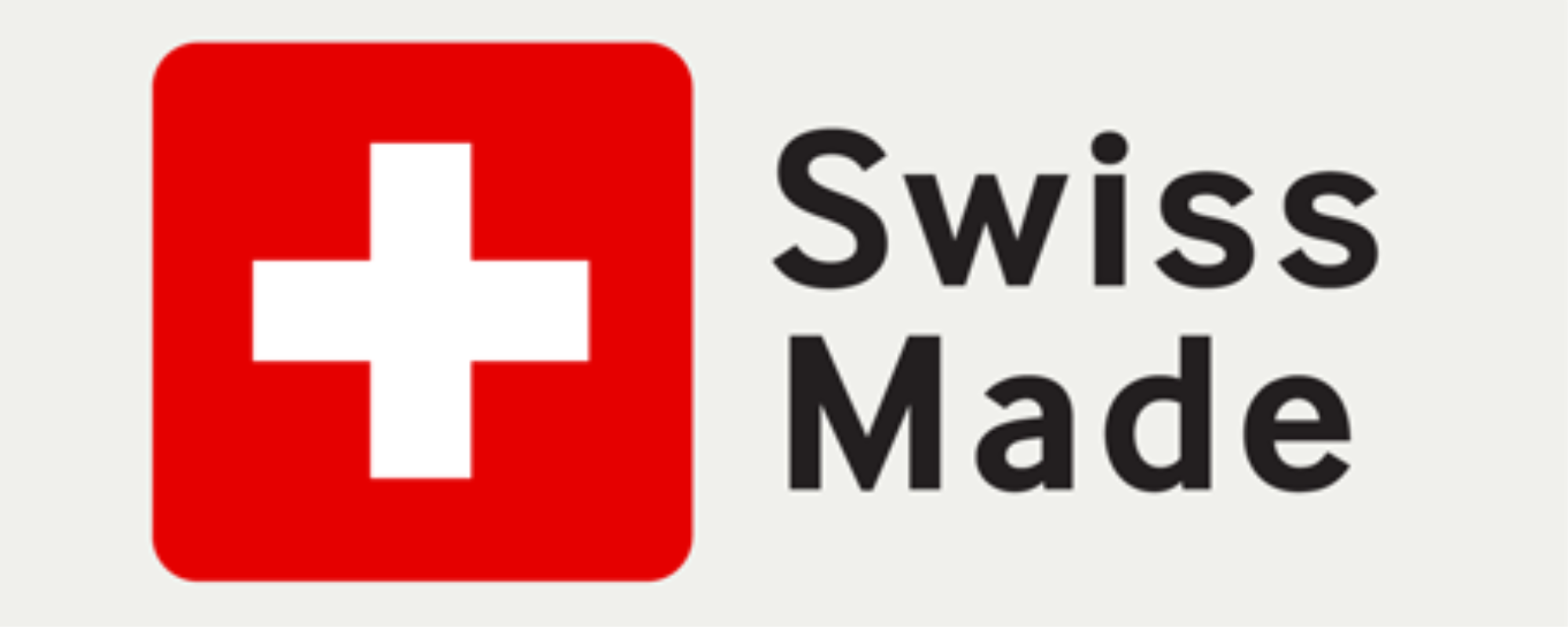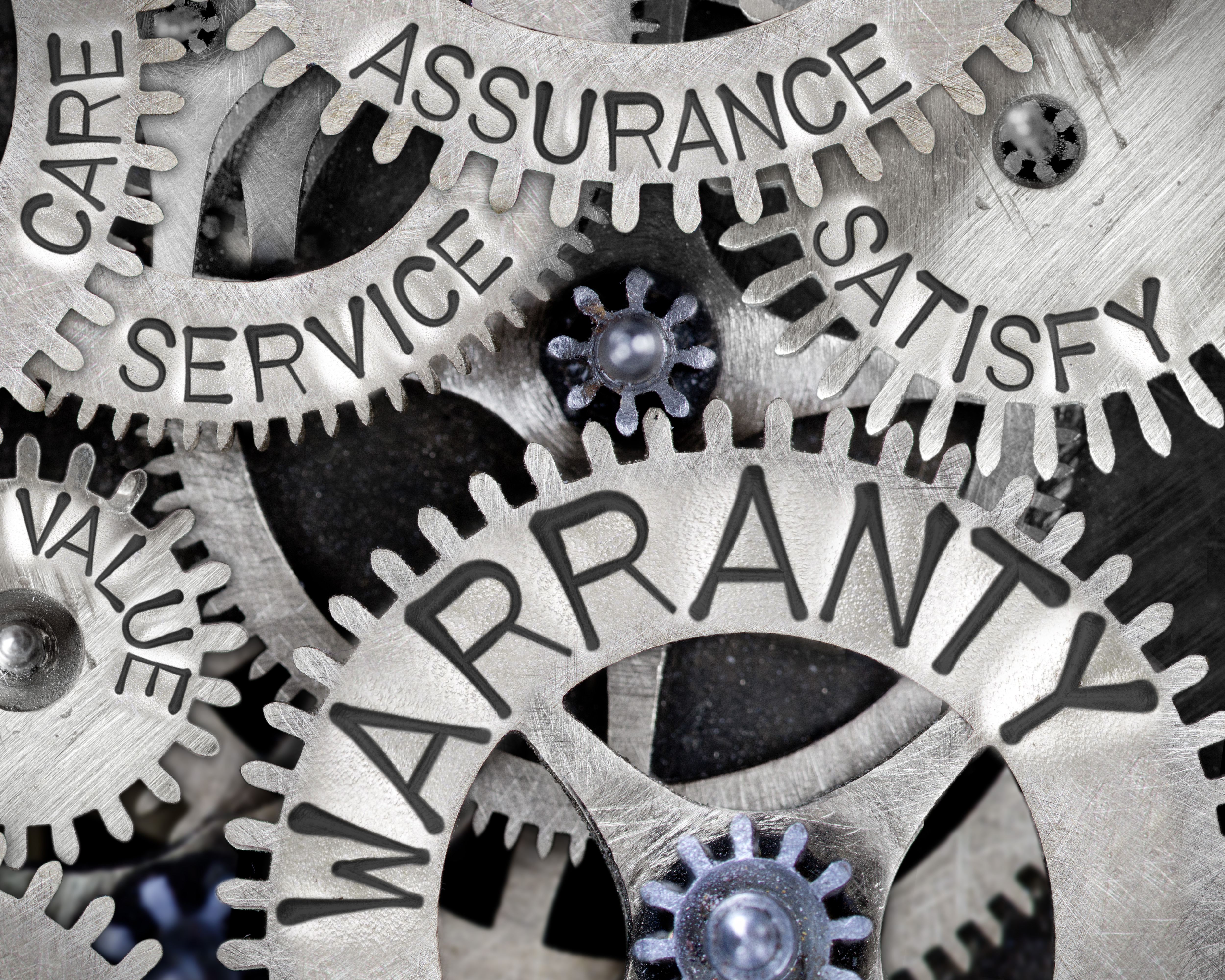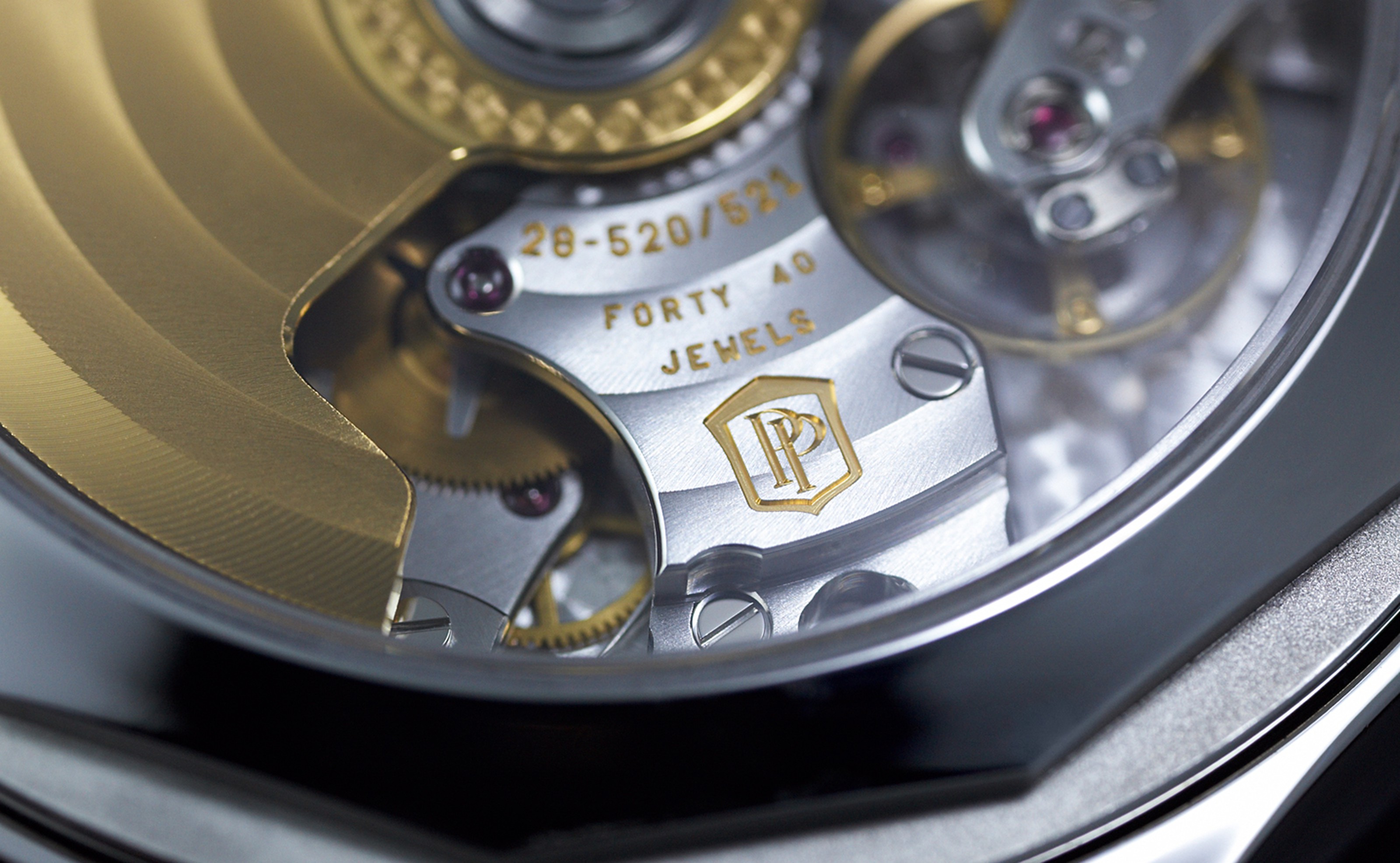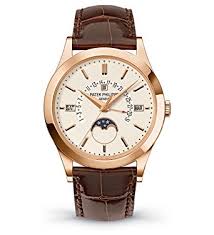Swiss Made - two iconic words that have become synonymous in the watch industry with perfection, exceptional quality, and high status. Swiss watches have always been the benchmark in everything related to measuring time. And the coveted Swiss Made stamp usually signals the highest standards of mechanisms, materials, and engineering. However, this labeling is not permitted for everyone - only genuine Swiss watches that meet specific criteria are allowed to carry it.
“Made in Switzerland” 🏔️
Watches with the SWISS MADE marking are not just a phrase - they represent centuries of heritage and the drive to preserve a tradition of flawlessness while also embracing innovation in materials, design, and engineering solutions. Switzerland has been making watches for centuries, with many manufacturers passing down expertise, craftsmanship, and innovation from generation to generation. Swiss Made is, first of all, about respect and law - and only then about technical standards.
Why did Switzerland become the world’s leading watchmaker? 🤔 Until the mid-17th century, France was considered the center of horological mastery. But due to religious wars between Catholics and Protestants, many Protestant craftsmen fled to Switzerland, enriching local workshops with top-level expertise. This marked the rise of Swiss watchmaking.
Even the 19th-century American push toward mechanization and new technologies did not strip Switzerland of leadership. Swiss craftsmen focused on precision and uniqueness. The need to protect and distinguish their products gave rise to official markings: in 1880 Switzerland adopted a law on trademarks, including SWISS MADE. Interestingly, although French and German were the main national languages, the marking was anglicized so it could be understood worldwide.
Today, Swiss watch trademarks are governed by the “Law on the Protection of Trademarks and Indications of Source” (1971, with amendments in 1992 and 2017). Watches incorrectly marked are considered counterfeit and can be seized at customs, while manufacturers face penalties in Switzerland.
Requirements for genuine Swiss watches ✅
The main rules concern the movement, production, assembly, and quality control. A SWISS MADE engraving is only allowed if:
The watch contains a Swiss movement.
The movement is cased and tested in Switzerland (assembly must take place locally).
At least 60% of production costs are incurred in Switzerland (80% for mechanical watches).
The law does not distinguish between mechanical and quartz - both are eligible. After final testing, the watch rightfully receives the Swiss Made mark. Interestingly, the company can even be registered abroad, as long as production follows Swiss law.
Additionally, since the 19th century, Switzerland has had a unique certification system: the Geneva Seal. Watches that pass 12 strict criteria of precision, quality, and aesthetics receive this distinction. The certification is awarded by a special committee and is usually presented at Baselworld, the global stage for fine watchmaking.
Other markings 🕰️
Swiss Movement - indicates a Swiss-made movement with 50% production costs in Switzerland. The word “Movement” must be fully spelled out in the same font and color.
Swiss mov’t / Swiss quartz - means the movement is Swiss, but assembly occurred elsewhere (often Asia). These watches balance Swiss quality with affordability.
Suisse, Produit Suisse, Fabriqué en Suisse, Qualité Suisse - permitted if final assembly was in Switzerland, usually engraved on the caseback.
Genève - for manufacturers with impeccable reputations located in the Geneva canton.
Qualité Fleurier - a certification supported by brands like Chopard, Bovet, Parmigiani, and Vaucher, confirming 100% Swiss production and excellence.
Made in Switzerland - not recognized by top watchmaking; often a sign of counterfeit.
To verify which brands can use Swiss Made, you can visit fhs.swiss.
For complete confidence, you can consult the experts at our Chrono 10:10 boutique 🛍️. We are authorized under the Partner Certified authentication program for luxury watches, ensuring your timepiece is verified and certified properly.



